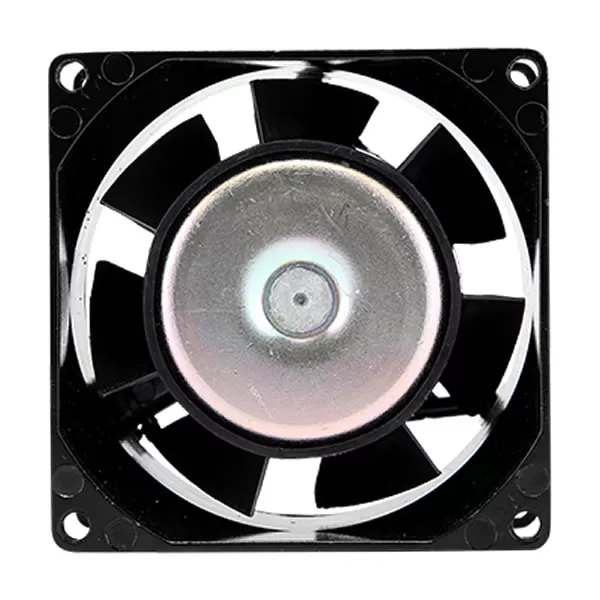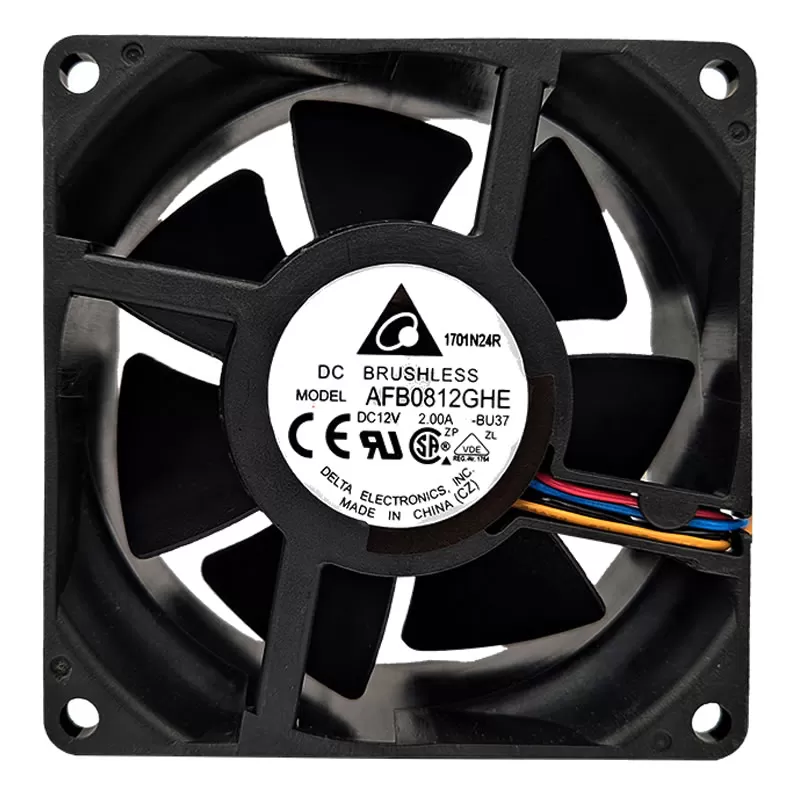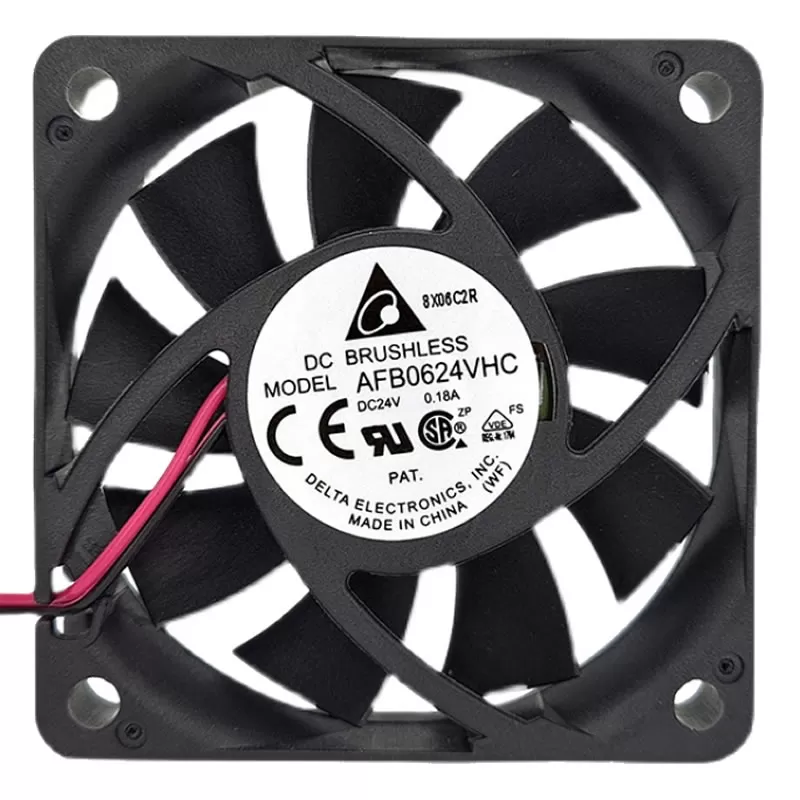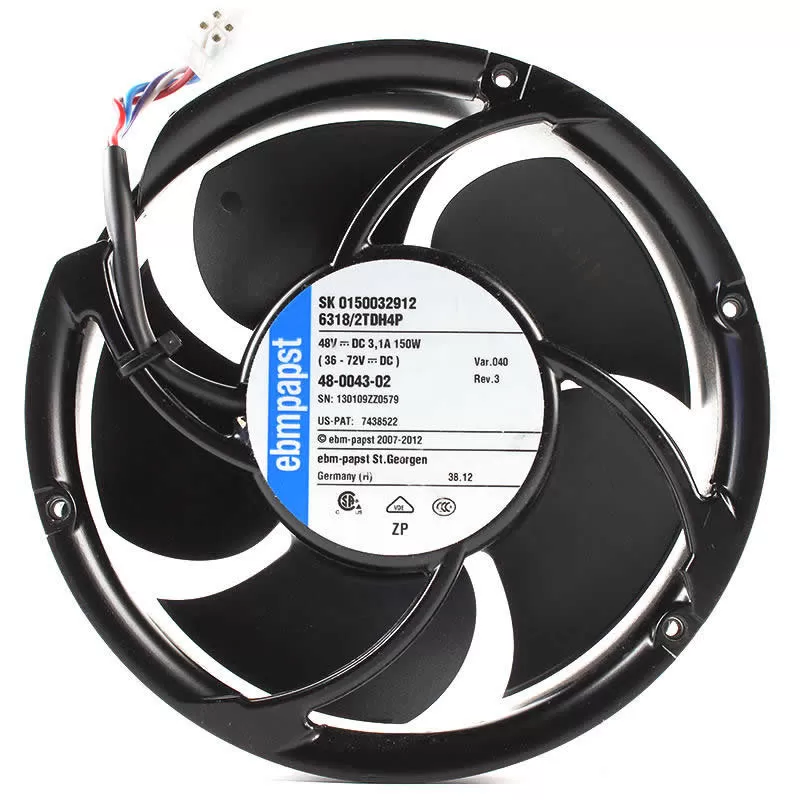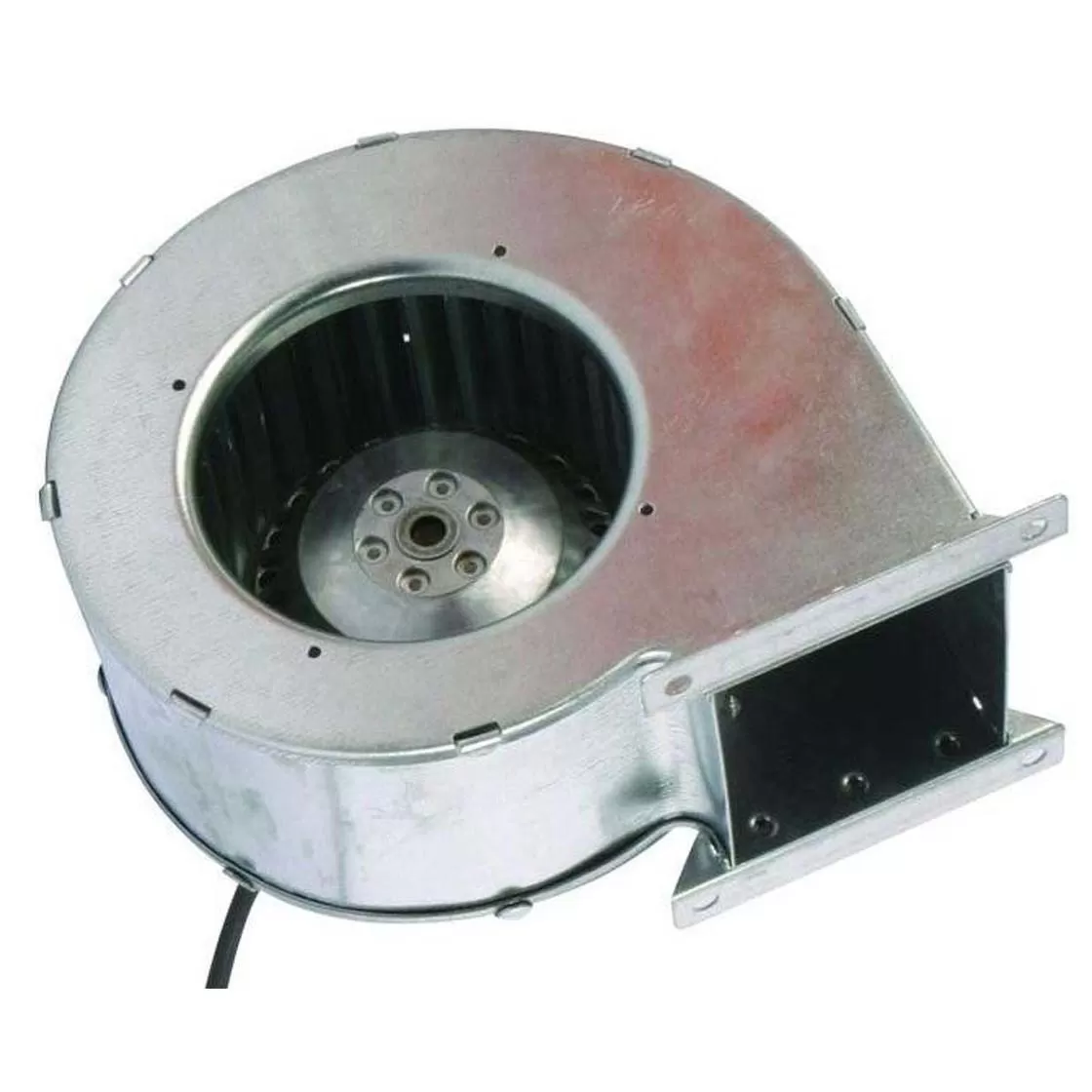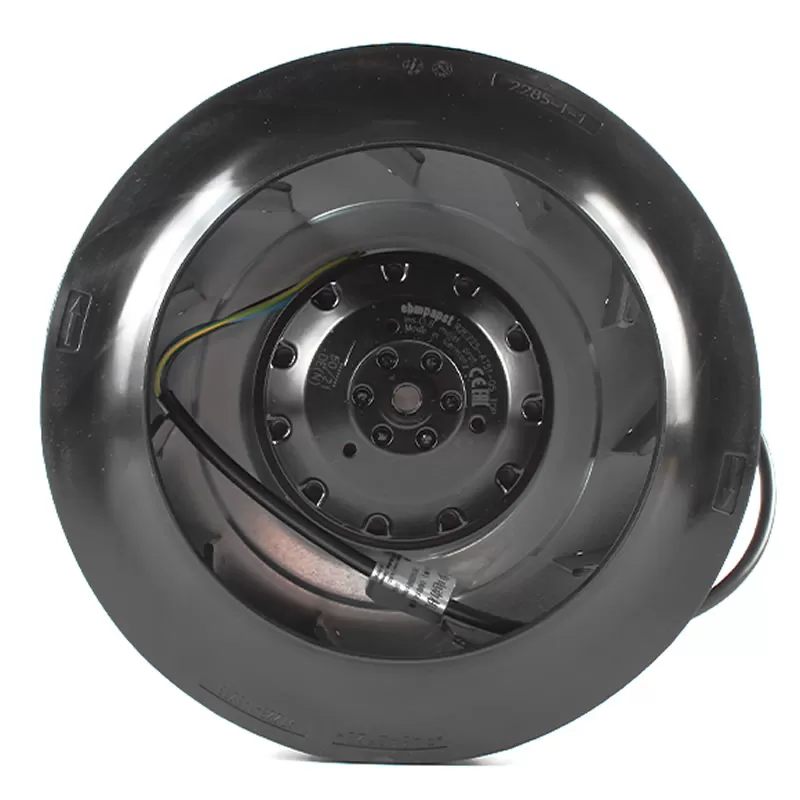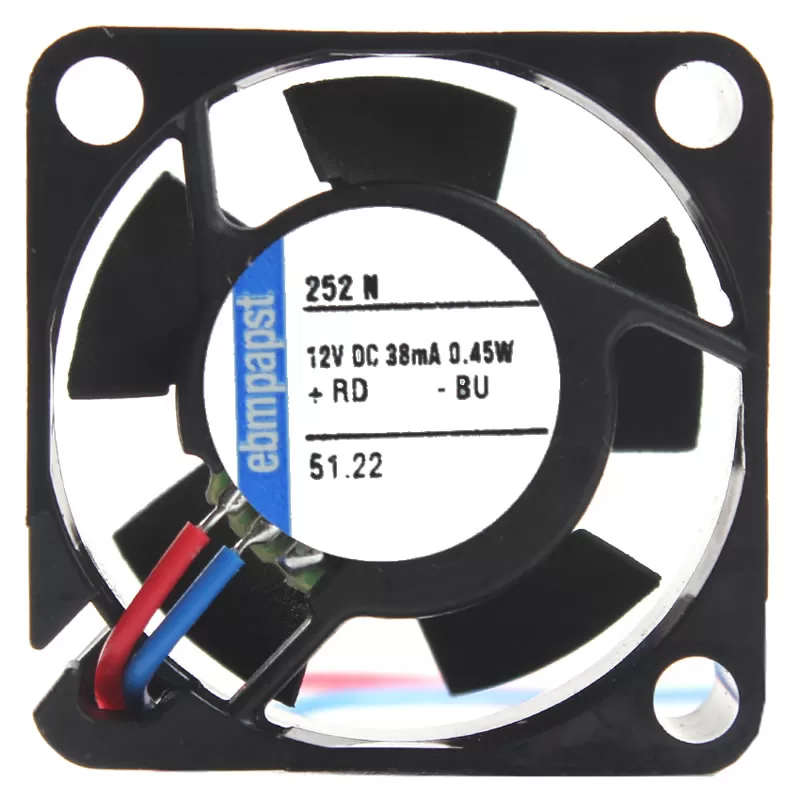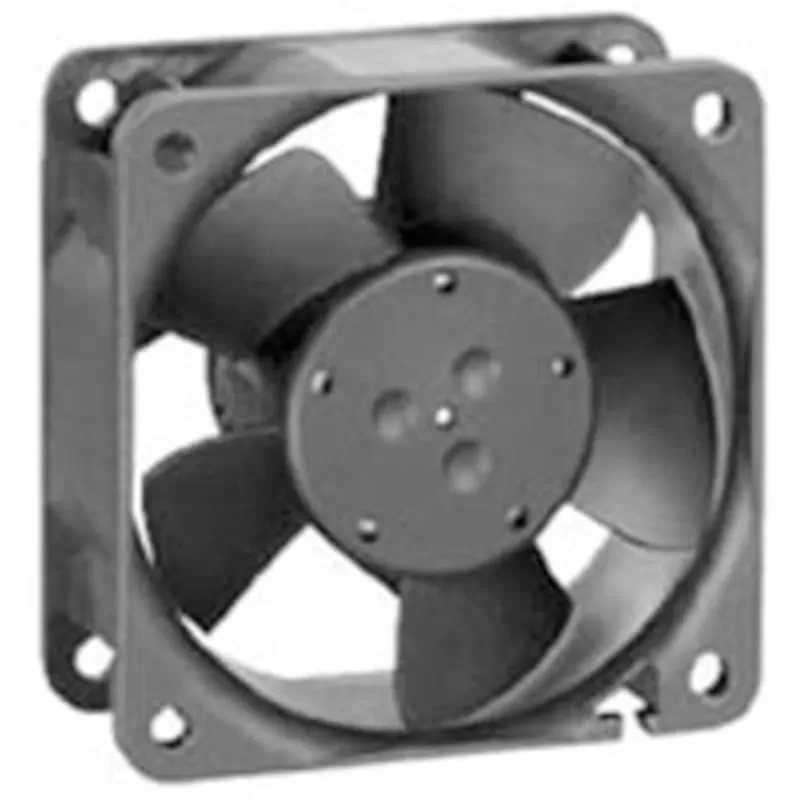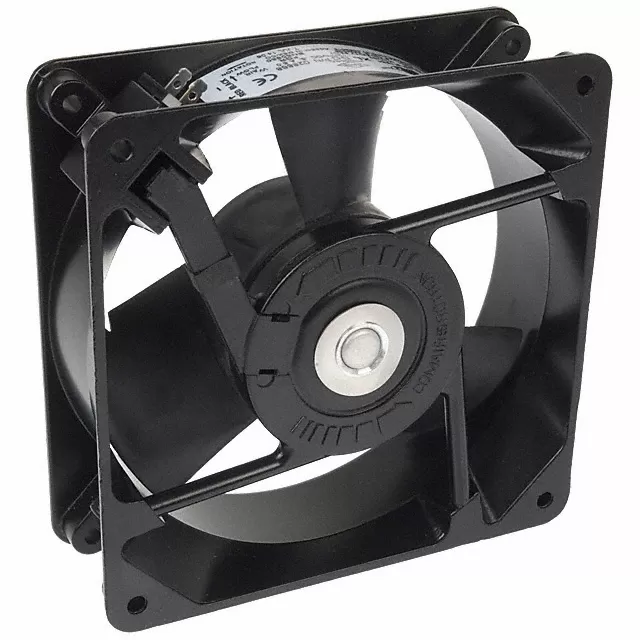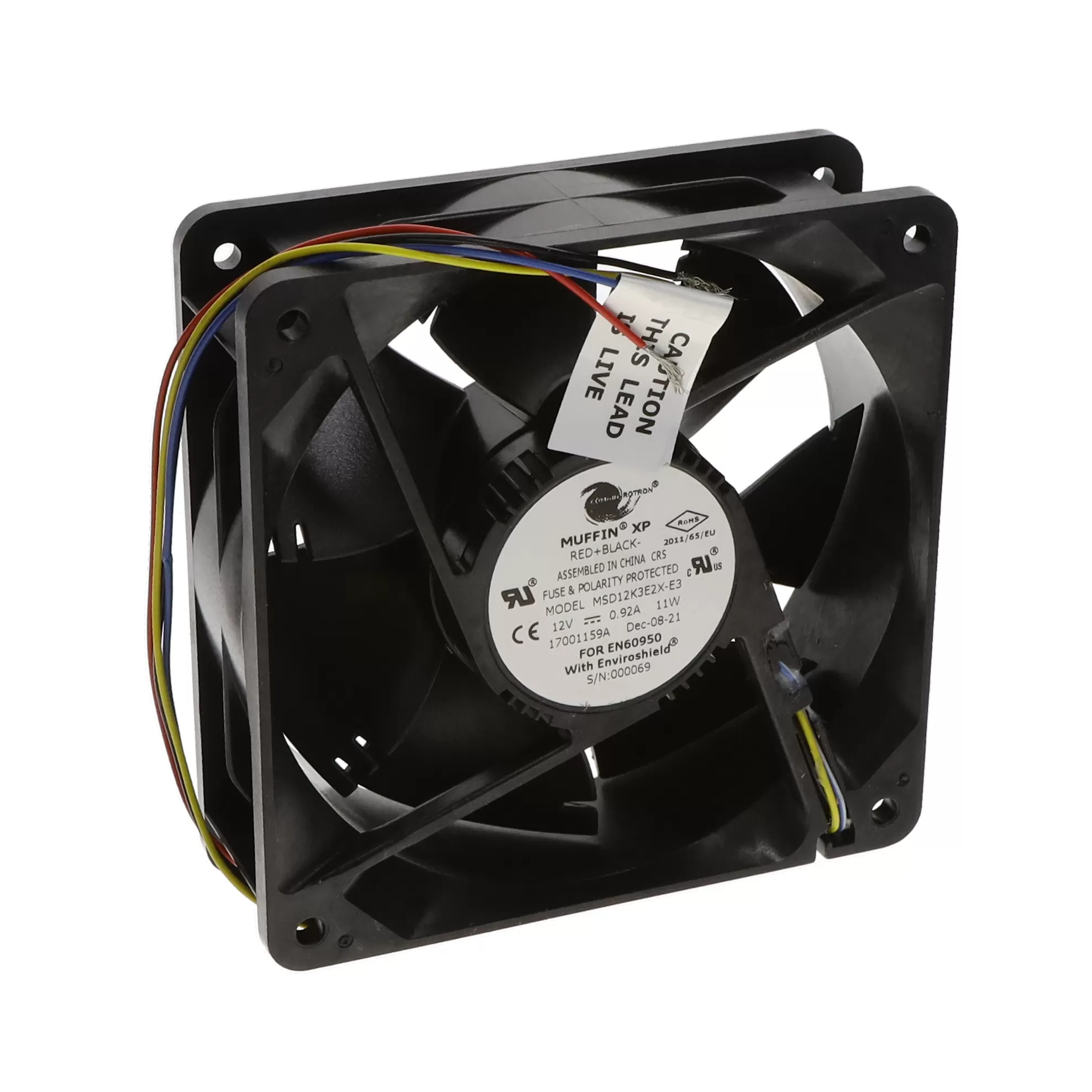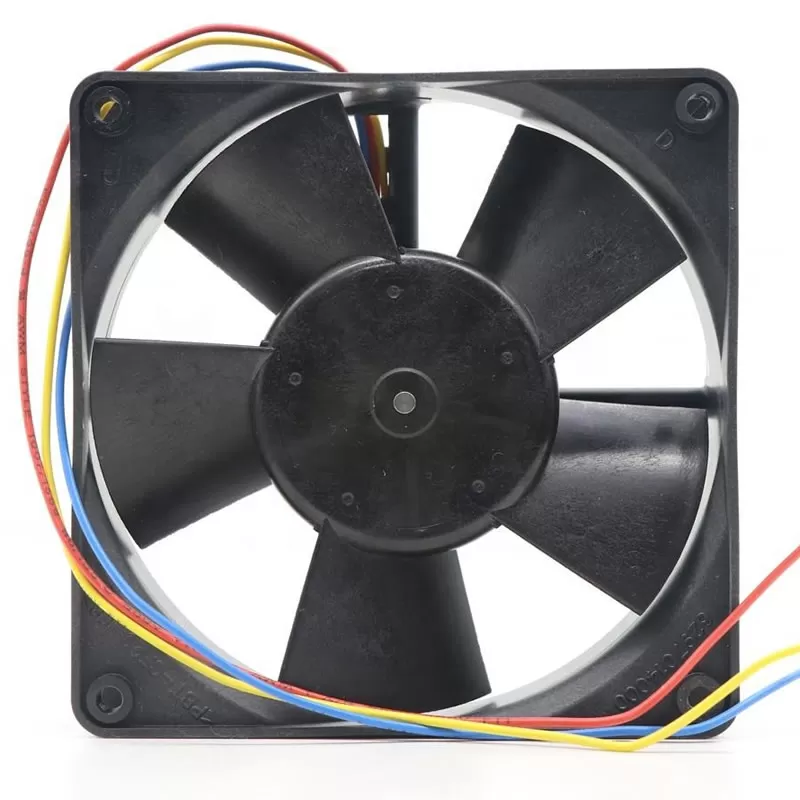
The advantages of using a 12V DC fan are closely tied to its compatibility, efficiency, and safety across diverse applications. Here’s a detailed breakdown of its key benefits:
1. Wide Compatibility with Common Power Sources
- Consumer Electronics & Computing:
- Matches the 12V DC output of standard computer power supplies (PSUs), making it the default choice for CPU fans, case fans, and power supply fans.
- Compatible with 12V DC adapters used in many household devices (e.g., gaming consoles, routers, small appliances).
- Automotive & Transportation:
- Aligns with vehicle battery systems (12V in most cars, motorcycles, and RVs), enabling direct use in radiator fans, cabin blowers, and engine cooling.
- Portable Devices:
- Works with 12V battery packs (e.g., rechargeable lithium-ion batteries), suitable for portable coolers, camping fans, or tool-mounted cooling systems.
2. Balanced Power Efficiency for Diverse Needs
- Energy-Saving in Low/Medium Loads:
- 12V fans consume less power than higher-voltage models (e.g., 24V, 48V) when cooling small to medium-sized components, ideal for energy-conscious designs (e.g., desktop PCs, low-power servers).
- Adjustable Performance via PWM Control:
- Many 12V fans support Pulse Width Modulation (PWM), allowing dynamic speed adjustment based on temperature. This balances cooling performance with energy use (e.g., quiet operation at low loads, higher speeds under heat stress).
- Cost-Effective Operation:
- Lower voltage reduces power loss in cables (especially over short distances), minimizing energy waste compared to higher voltages in small-scale setups.
3. Safety and Accessibility in Consumer Applications
- Low Voltage, Reduced Risk:
- 12V is considered a safe extra-low voltage (SELV) by electrical standards, reducing the risk of electric shock in consumer devices. This makes it suitable for household use without specialized safety gear.
- Easy Installation & Maintenance:
- No need for high-voltage certifications or insulated wiring, simplifying DIY setups (e.g., custom PC cooling, hobby projects). Replacement fans are widely available in consumer electronics stores.
- Compact Motor Design:
- 12V DC motors are smaller and lighter than higher-voltage counterparts, fitting into tight spaces (e.g., slim laptop heatsinks, small electronic enclosures).
4. Industry Standard in Key Sectors
- Computer Hardware:
- Nearly all desktop and laptop fans use 12V or lower, as PSUs prioritize 12V rail outputs for components. This standardization simplifies manufacturing and compatibility across brands.
- Automotive Aftermarket:
- Aftermarket cooling upgrades (e.g., high-performance radiator fans) often use 12V to plug directly into vehicle electrical systems without modifying the power supply.
- DIY and Hobby Projects:
- Popular in Arduino/Raspberry Pi projects, robotics, and home automation due to easy integration with 12V power banks or adapters.
5. Noise and Size Optimization
- Quiet Operation:
- 12V fans can achieve high airflow with lower noise levels compared to higher-voltage models, especially when paired with PWM control. For example, many computer case fans use 12V and operate below 30 dB at full speed.
- Size Versatility:
- Available in a wide range of sizes (from 25mm to 140mm in diameter), suitable for both tiny electronics (e.g., router fans) and larger cooling tasks (e.g., server rack units).
6. Cost-Effectiveness in Mass Production
- Economical Manufacturing:
- 12V DC motors and fan components are mass-produced, reducing costs for manufacturers. This translates to affordable prices for consumers (e.g., 5–20 for standard computer fans).
- Low Upfront Investment:
- Power supplies and adapters for 12V fans are widely available and inexpensive, making it a budget-friendly choice for both personal and commercial use.
Use Cases Highlighting 12V Advantages
| Application | How 12V Benefits the Use Case |
| Desktop PC Cooling | Direct connection to PSU, PWM speed control for quiet operation, low power draw during idle. |
| Car Radiator Fan | Matches vehicle battery voltage, easy replacement without rewiring, durable for vibration-prone environments. |
| Portable Camping Fan | Runs on 12V rechargeable batteries, lightweight design, safe for outdoor use. |
| Home Air Purifier | Low voltage for safe household operation, energy-efficient for 24/7 use. |
Limitations to Note
- Limited Power for Large Industrial Needs:
- 12V fans may struggle to provide sufficient airflow for high-heat industrial equipment (e.g., large server rooms), where 24V or 48V models are preferred for higher power.
- Voltage Drop in Long Cables:
- Over distances >10 meters, 12V systems may experience voltage drop, reducing fan performance. Higher voltages (e.g., 24V) are better for long cable runs.
In summary, 12V DC fans excel in scenarios prioritizing compatibility, safety, energy efficiency, and cost-effectiveness—making them the go-to choice for most consumer, automotive, and small-scale industrial applications.

